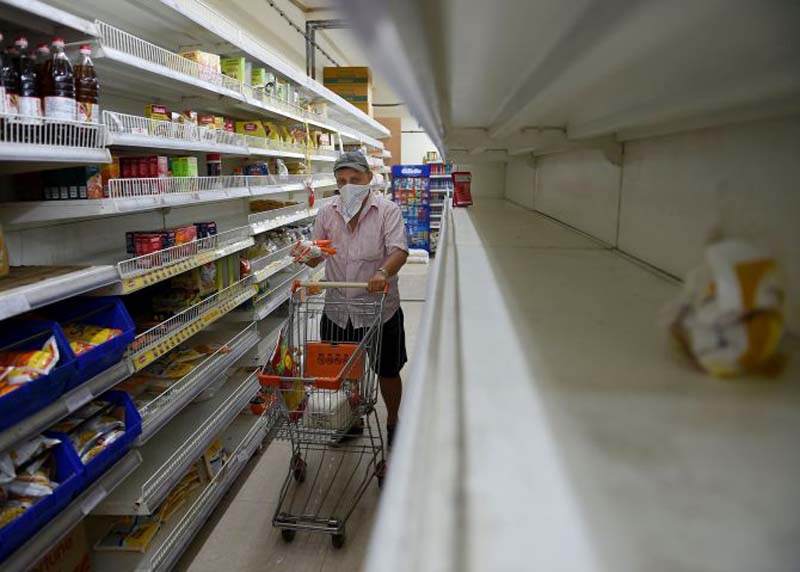Step to ensure there is no shortage of essentials
Excelsior Correspondent
JAMMU, Apr 13: The Central Government might allow 15 industries including pharmaceutical companies, food and beverages, seeds processing units, fertilizer plants etc to start operations in second phase of lockdown from April 15 with a view to ensure that there is no shortage of essential commodities and agriculture related items and the momentum of economy is also not hit badly due to Coronavirus.
“While doing so, the Government might issue certain specific guidelines to the industrial units to maintain social distancing, ensure full protection of the staff and take all requisite measures to ensure that the employees are not infected by the virus,” official sources told the Excelsior.
Industry Secretary Guruprasad Mohapatra has written to Home Secretary Ajay Bhalla making the point that the lockdown has been in place since March 23.
“However, it is felt that certain more activities with reasonable safeguards should be allowed once a final decision on extension and nature of lockdown is taken by the Central Government. These new activities are essential to improve economic activity and provide liquidity in the hands of the people,” Mohapatra said.
With unemployment concerns mounting, the Government is keen to address this issue by allowing industry and economic activity to restart. Compared to the small opening that was being talked about, this is a rather large scale opening up after the lockdown.
Mohapatra has pointed out that the suggestions are on the basis of detailed discussions held by Commerce and Industry Minister Piyush Goyal with States and Industry Associations.
The Industry Ministry has given these recommendations to the Home Ministry with a list of 15 industries which should be opened with minimum manpower and distancing norms on a single shift basis.
These include those involved in manufacturing of heavy electrical items like transformers and circuit vehicles, telecom equipment and components including optic fiber cable, compressor and condenser units, steel and ferrous alloy mills, spinning and ginning mills, power looms, defence and defence ancillary units.
Cement plants, however, can run in three shifts as cement production is a continuous process.
Pulp and paper units can resume their production in clusters where COVID-19 cases are low based on the data by the State authorities.
Fertiliser plants, paints and dyes manufacturing, all types of food and beverages, seeds processing units, plastic manufacturing units, automotive units, gems and jewellery sector units, all units in Special Economic Zones and Export Oriented Units have also been exempted from nationwide lockdown measures.
There is no clear thread in the industries and most of these are diverse in nature. The focus seems to be addressing employment, starting economic activity across sectors and putting the onus on industry to ensure social distancing, hygiene and well-being of the workforce.
At the back of the mind are also considerations for the central and State Governments to generate revenue through GST and Income Tax as several States have pointed out that while they are distributing rations and providing shelter, revenues have vanished because of the lockdown and cost cutting will have to be resorted to.
Big companies with proper sanitation and distancing norms in place in sectors such as textiles, automobiles and electronic manufacturing (20 per cent to 25 per cent capacity in single shift may be considered to start with).
Certain repairing units like those individuals or small agencies involved in providing repair services of mobiles, electrical items like refrigerators, air conditioners, televisions etc, plumbing, cobblers, ironing (dhobi), electrician, automobile mechanics, and cycle repair mechanics might be allowed.
However, these individuals should also carry their ID cards and operate at their stalls or traditional sites. This will help the citizens under lockdown to avail these critical services and also provide them cash liquidity, which is required very much. Also, these services do not lead to any crowding. E-commerce entities providing such repair services may also be allowed.


